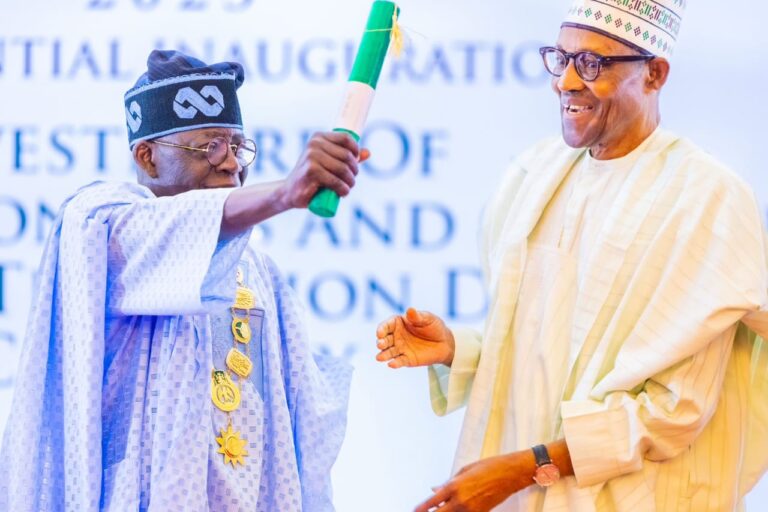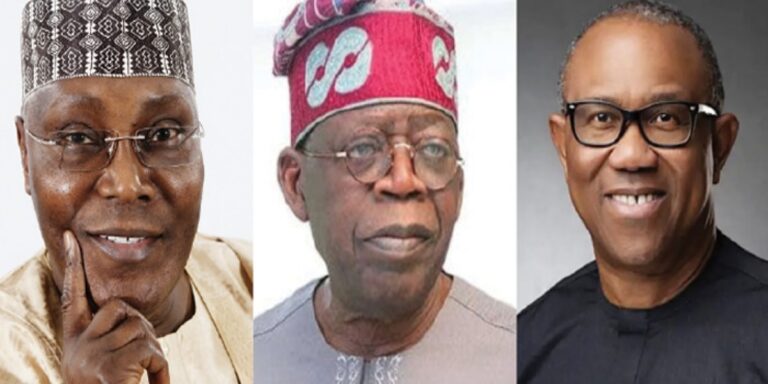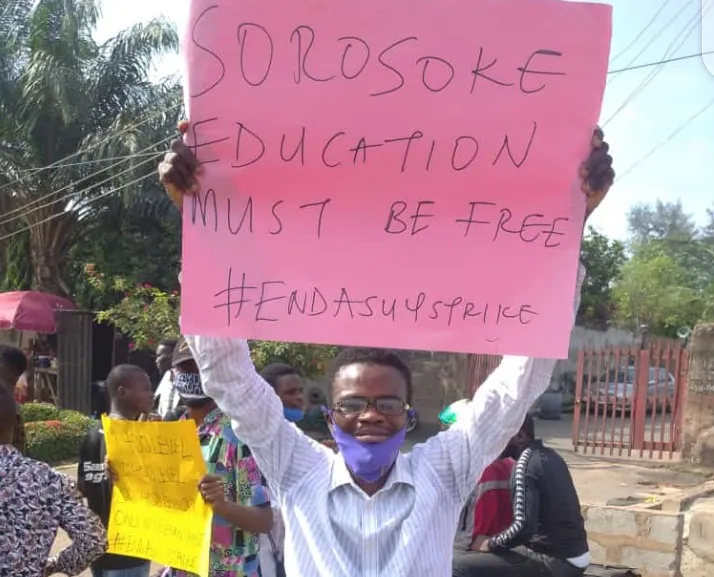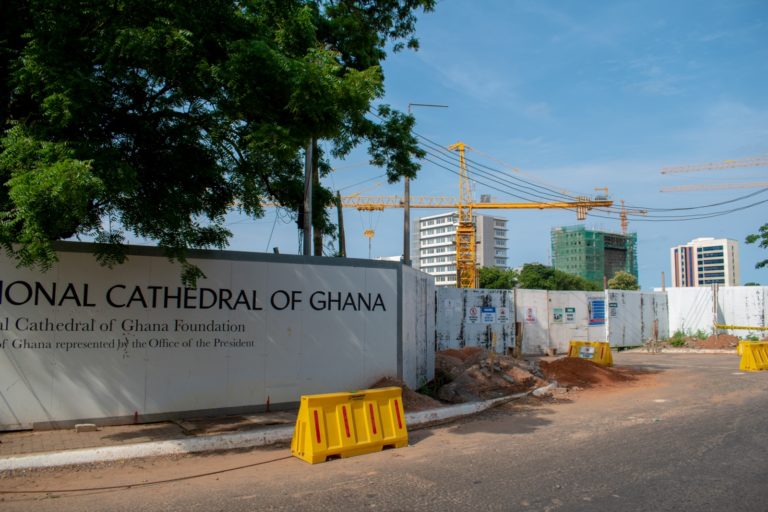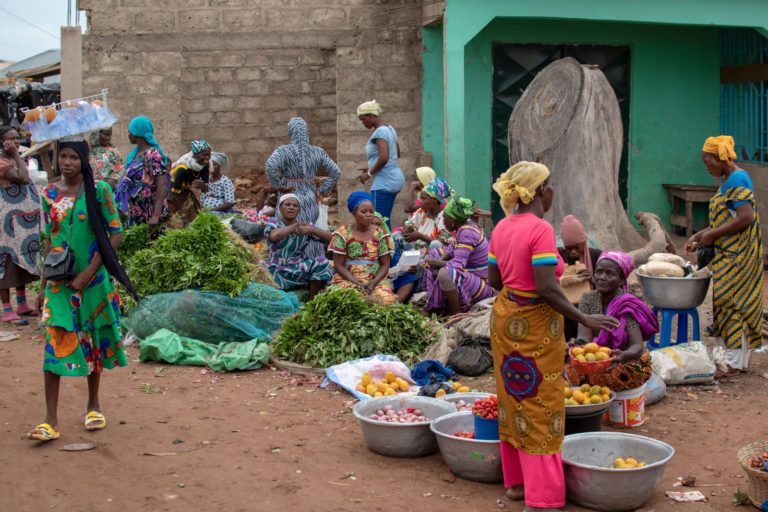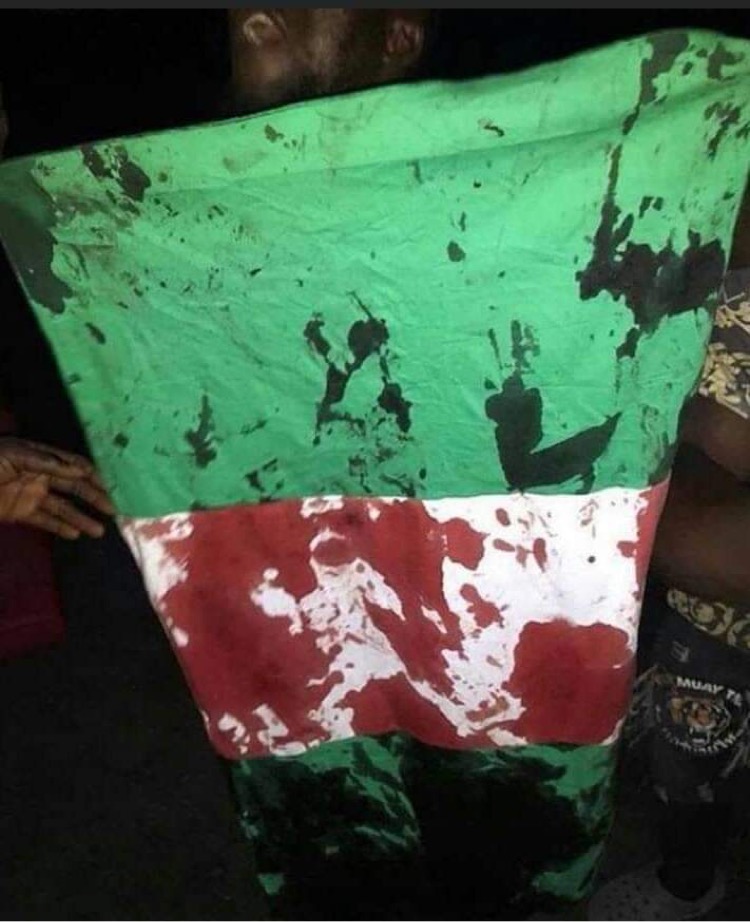“I am confident that I am leaving office with Nigeria better in 2023 than in 2015.” President Buhari ended his farewell speech with this remark on the 28th of May, 2023. Some of us could not help but wonder if perhaps we had been living in an alternate universe for the past eight years. Not surprisingly, the former president supported this fallacious vituperation with a body of argument that attempted to whitewash the disturbing and horrible fact that the Buhari regime is an epic fail; incompetent, despotic, lawless, and very anti-poor.
Many parts of the speech were fraught with boastful remarks, and needless self-adulation that misrepresented many unpalatable facts about the horrible administration. But one of his many lies that particularly stood out was the part that read “to ensure that our democracy remains resilient and our elected representatives remain accountable to the people, I am leaving behind an electoral process which guarantees that votes count, results are credible, elections are fair and transparent and the influence of money in politics reduced to the barest minimum. And Nigerians can elect leaders of their choice.” Former President Buhari better not be speaking about the 2023 elections especially — the same election that was fraught with massive vote buying, voter suppression, violence, result falsification, and mass disenfranchisement. Polling units became transactional centers and a theatre of war. Punch newspaper in fact dismissed the 2023 election as a show of shame, concluding that Buhari and INEC brought nothing other than disgrace and embarrassment to Nigeria with such an unfortunate sham.
How can the former president claim that he left Nigeria better than he met it in 2015 when evidence abound suggest otherwise? According to data released by the National Bureau of Statistics (NBS), the unemployment rate in the second quarter of 2015 when Buhari took over was at 14.9 percent, representing a population of 6.1 million people who were without jobs. Sadly in 2023, the unemployment rate peaked at 33.3 percent representing about 23 million people, the highest in thirteen years. This is almost four times higher than what it was before Buhari took over.
In addition to leaving behind a country that now ranks as the poverty capital of the world, the administration left behind a huge population of over 133 million people who statistics show are living in multidimensional poverty.
Whereas in 2015 when Buhari assumed office, the inflation rate was at 9 percent. Fast forward to 2023, the regime is leaving behind a very high inflation rate at 22.22 percent, and a debt profile of 77 trillion naira: a very significant and highly exponential increase from its initial value of 12.22 trillion naira in 2015. It is unfortunate that Nigerians have nothing to show for the borrowing spree the regime embarked upon — no schools, hospitals, or any meaningful infrastructural development that may justify the humongous debt burden.
Needless to say, the problem of insecurity also worsened under the past administration. It is on record that the Buhari campaign in 2015 had been very vocal about ending insecurity and bloodletting that had taken the lives of about 18,260 Nigerians, and also displaced many more. Sadly, the Buhari regime worsened the situation. More than 53,000 Nigerians had been gruesomely murdered by bandits, killer herdsmen, and Boko Haram insurgents between 2015 when Buhari took power, and October 2022. This is in addition to numerous others that have become IDPs. States like Kaduna, Zamfara, Borno, Benue, and Plateau states became killing fields for bandits, killer herdsmen, and numerous insurgents; hunting their victims like games, kidnapping many more.
In addition to the utter lack of respect for the judiciary, and serial violation of court orders, Buhari also presided over a country where the armed forces, police especially act with impunity, lawlessness, and are responsible for many extrajudicial murders. It was indeed an administration that from its first tenure had expunged the concept of human rights from its dictionary of governance.
No doubt, the previous administration was not only incompetent, inefficient, and anti-poor, but also it was a government that left behind a tragic legacy of sorrow, tears, and blood.
As though determined to commit the people of Nigeria to eternal damnation, Buhari, and his party, the All Progressives Congress (APC), superintended over a very shabby and highly fraudulent electoral process that imposed one of the worst political characters in Nigeria’s history — Bola Ahmed Tinubu.
Unlike most candidates in the race, Tinubu in the course of his campaign said very few words and made limited promises to electorates. He had relied largely on vote buying, intimidation, voter suppression, hooliganism, violence, and his vast access to state institutions to manipulate electoral outcomes right from the polling units.
Bola Tinubu despite making little or no campaign promises was however very clear and loud about his plans to attack the welfare and livelihood of his electorates once he emerges.
Tinubu’s declaration of war and hardship against the Nigerian people didn’t happen on May 29, 2023, the date of inauguration. He didn’t do anything that he had not said to our faces during the course of his campaign. The man dared us to our faces, and boldly said during campaigns that he would remove fuel subsidy, and that not even our protests will change this. And with a kind of courage that derives unusual confidence from impunity, he declared his victory before the date of the election.
With the above, it is crystal clear that the Bola Tinubu Presidency is coming with planned and premeditated attacks against the Nigerian people. Removing fuel subsidy is only the beginning, the coming days will not be any easier. Tinubu’s inaugural speech was very clear on this. And just like he bullied his way to power, the president’s major strategy will be to bully the entire country into total submission.
Although Buhari may have come off as the worst in Nigeria’s history, Tinubu’s May 29 inaugural speech however gave us an unforgettable omen. The sufferings endured under Buhari’s eight years of horrific rule might be nothing compared to the challenges ahead.
The government of Tinubu has openly declared itself to be a regime of bullies. Less than one hour in office, it has taken decisive action to attack the living conditions of Nigerians majority of whom are living in multidimensional poverty. The regime had by its action declared war on the Nigerian people. Fighting back remains the only decision available to the millions of poor and suffering majority who will be victims of these attacks.

